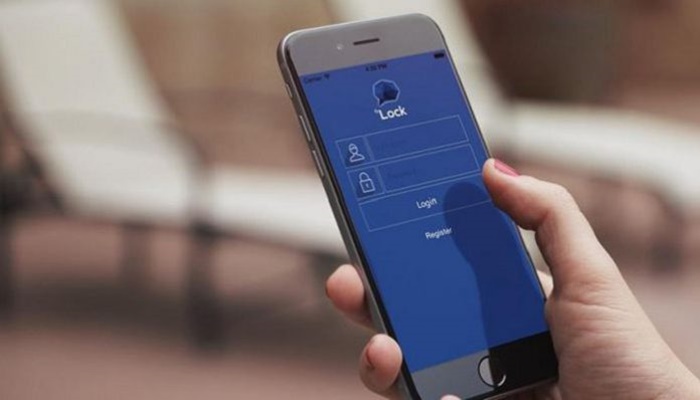The İstanbul Public Prosecutor’s Office has issued detention warrants for 36 people on accusations that they use a smart phone application known as ByLock, the state-run Anadolu news agency reported on Saturday.
According to the report 17 of 36 suspects have been detained by police in nine provinces.
Turkish authorities believe ByLock is a communication tool among followers of the Gülen movement, which is accused by the Justice and Development Party (AKP) government of orchestrating a failed coup last year, a claim the movement denies.
The Ankara Chief Public Prosecutor’s Office on Dec. 27, 2017 stated that 11,480 GSM users were found to have been involuntarily directed to ByLock.
The legal status of the 11,480 mobile phone users will be re-evaluated, prosecutors said.
Tens of thousands of people, including civil servants, police officers, soldiers, businessmen and homemakers, have either been dismissed or arrested for using ByLock since July 15, 2016.
Freedom House, a US-based independent watchdog organization dedicated to the expansion of freedom and democracy around the world, listed Turkey in its newly released “Freedom on the Net 2017” as among the countries in which Internet freedoms are restricted the most and said tens of thousands of Turkish citizens have been arbitrarily detained for their alleged use of the encrypted communications app ByLock.
The Supreme Court of Appeals’ Assembly of Criminal Chambers ruled that the ByLock smart phone application is to be considered evidence of membership in a terrorist organization following Turkish Justice Minister Abdülhamit Gül’s remarks on ByLock constituting strong evidence of terrorist organization membership.
The Guardian reported on a study commissioned by opponents of Turkish President Recep Tayyip Erdoğan which argues that the arrest of 75,000 suspects primarily because they downloaded the ByLock app was arbitrary and illegal.
“The evidence that the [ByLock] app was used exclusively by those who were members or supporters of the Gülen movement [is] utterly unconvincing and unsupported by any evidence,” the two barristers conducting the study said, according to the Guardian.”
Dutch cyber security firm Fox-IT said on Sept. 13 that it had debunked a report by Turkey’s National Intelligence Organization (MİT) on the ByLock smartphone application as it discovered inconsistencies and manipulations.
In a statement on its website, Fox-IT said the quality of the MİT report on ByLock is very low, especially when weighed against the legal consequences of the report, which is the basis of detention for 75,000 Turkish citizens, mainly sympathizers of the Gülen movement.


